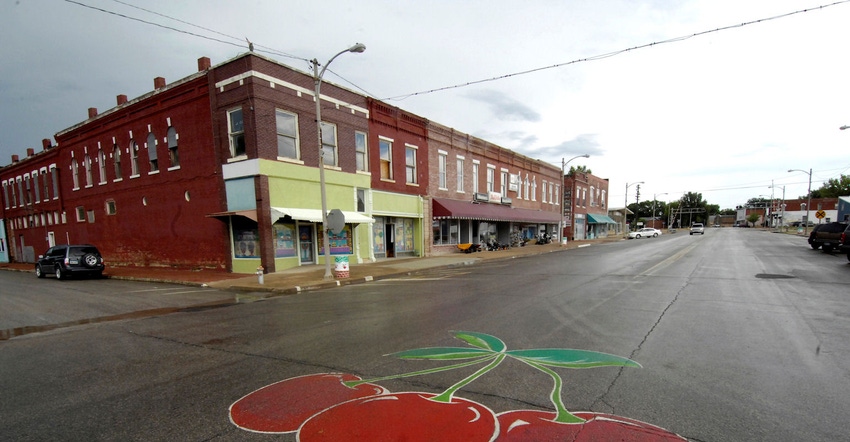White paper says rising agricultural input prices could lead to increased farm debt and threatens solvency of community banks.

A recently released white paper said the proposed merger between Bayer AG and Monsanto Co. could trigger a widespread debt crisis among U.S. farmers and have a ripple effect throughout rural communities.
The study, released by Farmers & Families First, outlines how the merger would raise agricultural input prices, which would lead to increased farm debt that would threaten the solvency of community banks and undermine the success of small businesses.
One analysis determined that the Monsanto-Bayer merger would further increase the aggregate price of all seeds by roughly 5.5%. Texas A&M University’s Agricultural & Food Policy Center determined that the proposed merger would raise corn seed prices by 2.3%, soybean seed prices by 1.9% and cottonseed prices by roughly 18.2%.
The report claims that increasing the cost of agricultural inputs could trigger widespread default on farm loans. Nearly 75% of all U.S. farms now operate on margins of less than 10% -- levels the U.S. Department of Agriculture regards as unsustainable.
Farm debt is expected to surpass $236 billion by the end of 2017 -- a historic high largely attributed to the increasing use of farm real estate as collateral to secure non-real estate borrowing. The prolonged depression of commodity prices has forced U.S. farmers to take out more and larger production loans to cover seasonal operating expenses.
The report adds that an agricultural debt crisis would threaten the solvency of community banks that are heavily invested in U.S. farms and farmland.
To reduce their risk exposure after the 2008 financial crisis, larger lending institutions demanded more collateral. The requirements not only led more farmers to leverage non-real estate loans of the value of their cropland, but it also induced more farmers to obtain financing from community banks with looser lending requirements.
By mid-2014, more than three out of every four agricultural loans and more than half of all small business loans issued in the U.S. were originated by a community bank.
“Community banks are an indispensable source of capital for small businesses. Over 15 million people rely on community banks for banking services,” the report says.
“Unfortunately, community bank assets and deposits have not kept pace with their expanding loan portfolios. While community banks account for the majority of small business and agricultural loans, they hold less than one-quarter of all U.S. bank-owned assets. In the past 14 years, moreover, local banks have lost nearly half of their deposits to larger banks,” the report says.
The white paper notes that the declining deposit market share of local banks could be a key indicator that their ability to survive a major financial crisis is deteriorating.
“As more farm loans become delinquent and community banks face mounting losses, agricultural loans become riskier investments, and community banks may be tempted to further restrict farm lending. If a growing number of farms experience financial distress, community banks could react by significantly contracting their agricultural financing just as at-risk farmers desperately seek credit to expand production and increase their income so they can make timely debt repayments,” the report says.
Community banks finance roughly 43% of all U.S. farms and U.S. farmland. Community banks also comprise more than 70% of banking offices in rural areas and are three times more likely than non-community banks to locate their headquarters in non-metro areas.
“Community banks are irreplaceable sources of small business financing. A farm debt crisis that ravaged community banks would significantly restrain small business growth,” the report warns.
“The more we learn about this merger, the worse it looks for our farmers, families and communities,” said Dan Conston, president of Farmers and Families First. “That’s why we strongly urge the U.S. Department of Justice to carefully review this deal that would drain America’s heartland and devastate already struggling families across America. This is simply a deal we cannot afford.”
About the Author(s)
You May Also Like




.png?width=300&auto=webp&quality=80&disable=upscale)
